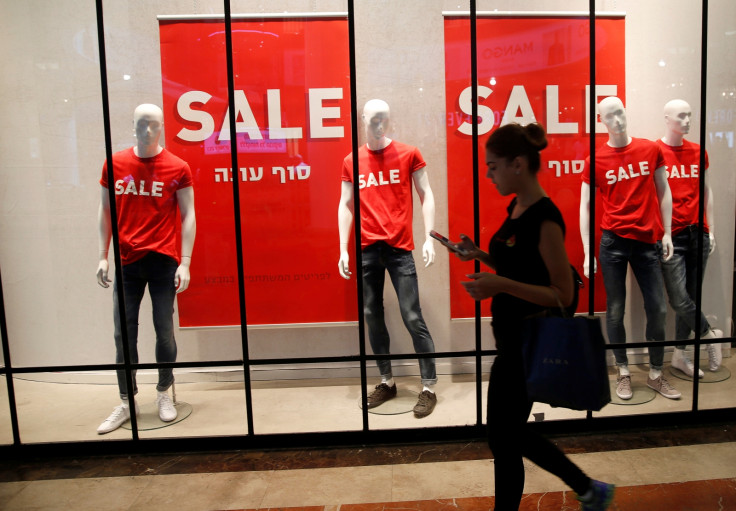British shoppers prefer to physically see valuable products before buying them, Barclays report says
The majority of those surveyed said they wanted the protection of the UK retailers to be a priority while making Brexit negotiations.

Close to two-thirds (63%) of British shoppers prefer looking at a valuable product in person, before purchasing them, the Barclays New Retail Reality report has revealed.
Research for the report was conducted by Longitude on behalf of the British bank. It was based on a survey of 2,000 consumers across the UK, conducted in August 2016. It also took into account interviews with senior experts working across the UK retail sector apart from analysing secondary data relating to the UK economy and retail sector.
Some of the other key findings of this report as seen by IBTimes UK, were that shoppers wanted to witness new technologies in these physical stores.
Of those surveyed, 57% said they were more likely to visit stores that have the latest technologies such as smart fitting rooms or virtual reality. Some of the other technologies that shoppers said they wished to see in a high street store were touchscreen technology (65%), and augmented reality (52%).
The survey also found that shoppers preferred to see technologies related to making payments. While 48% of them said they would like to see contactless payments in stores, 37% said they looked forward to mobile payments. Both these were described as "life changing" technologies.
With regards to giving feedback to a store, the report said shoppers were now five times more likely to complain using social media such as Twitter and Facebook, than they were three years ago. The respondents also said they expected these complaints to get a quick response. More than one in three (38%) of those surveyed said they expected a response within an hour.
Talking about the Brexit impact, 65% said they wanted the protection of UK retailers and goods to be a priority while making Brexit negotiations. On the negative side, respondents said they were concerned about the availability of certain categories of goods post Brexit. While 62% felt exotic fruits could become less available, 55% feared for wine, and 42% felt there will be a decline in the availability of luxury goods, post the UK leaving the European Union.
On the positive side, however, there were more respondents who believed Brexit will increase the quality of groceries, than those who felt it would be the other way round. Besides, more respondents felt food labelling would improve post Brexit.
Commenting on the report, Ian Gilmartin, head of Retail & Wholesale at Barclays, said, "The British high street is part of what has made the UK great. Being a 'nation of shopkeepers' is ingrained in our cultural identity and consumer pride in the sector endures. Our research reveals that the public still see the high street as an essential part of the shopping experience and as a national treasure they want to see protected.
"Consumer confidence in the retail sector is continuing despite uncertainty caused by the Brexit vote, and there are opportunities ahead for retailers if they can maximise the opportunity of 'Brand Britain', both at home and abroad."
© Copyright IBTimes 2025. All rights reserved.





















